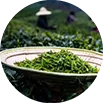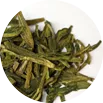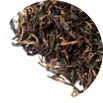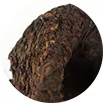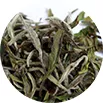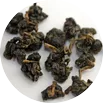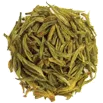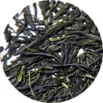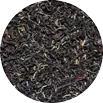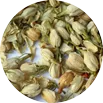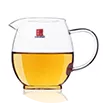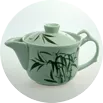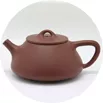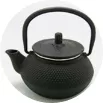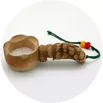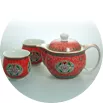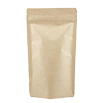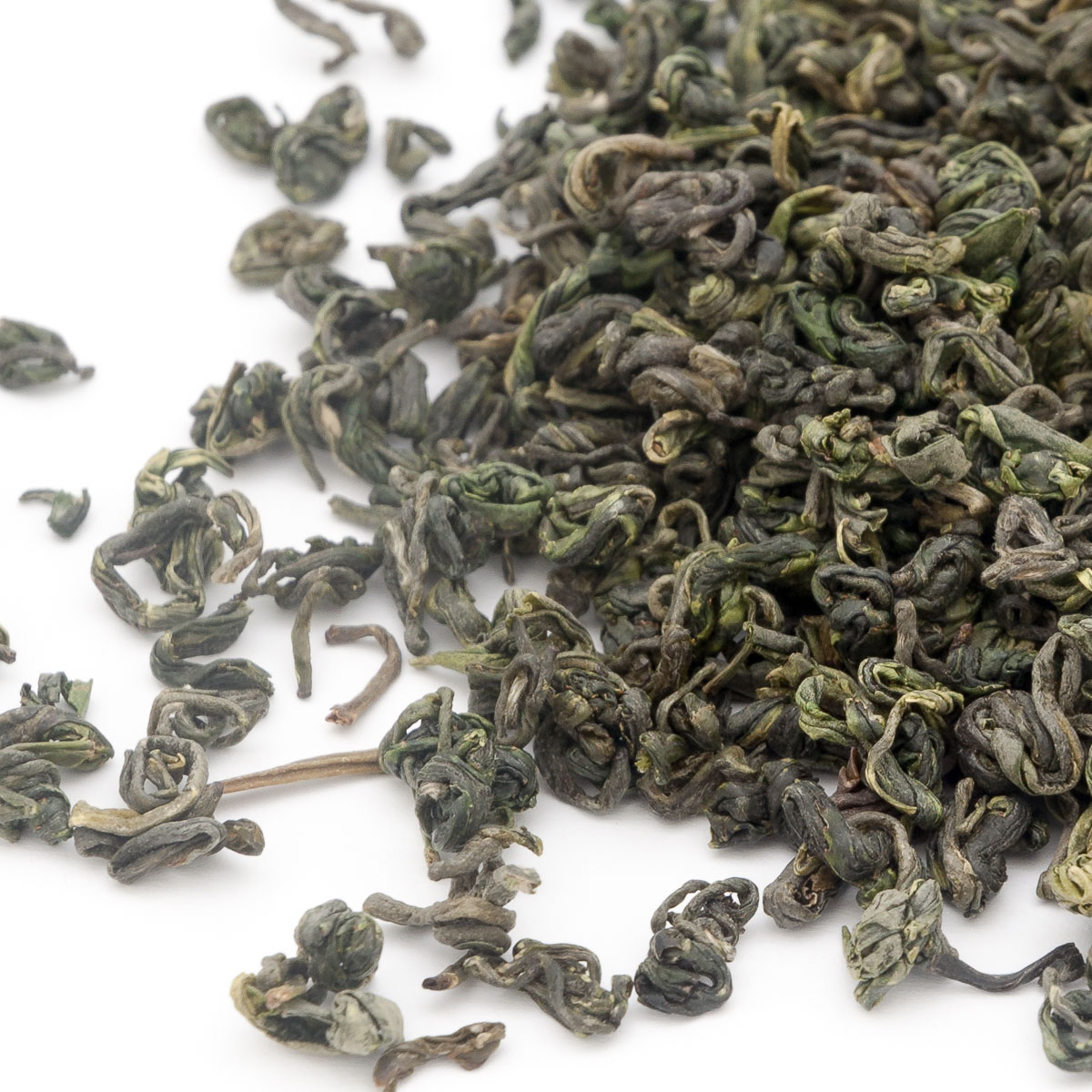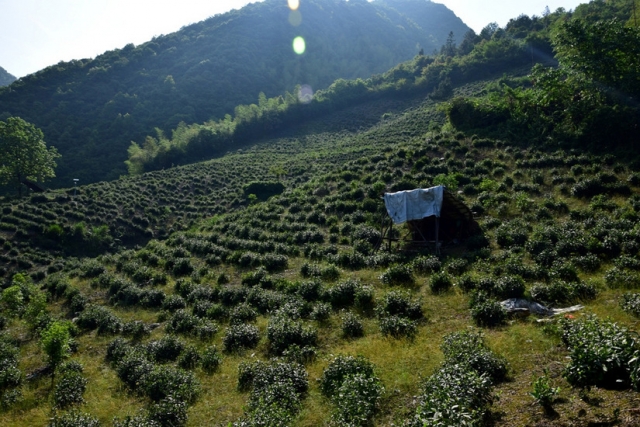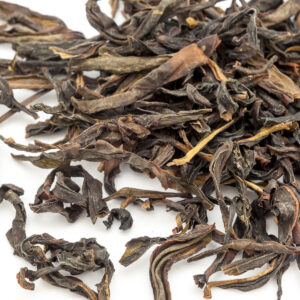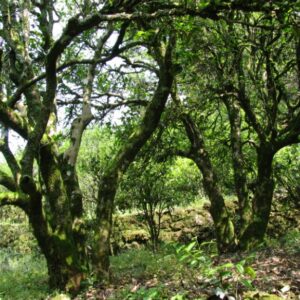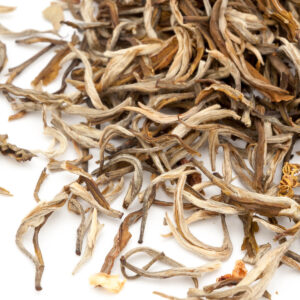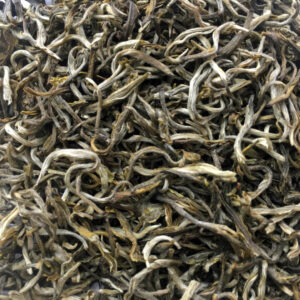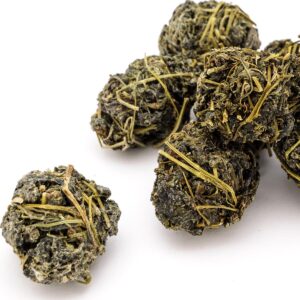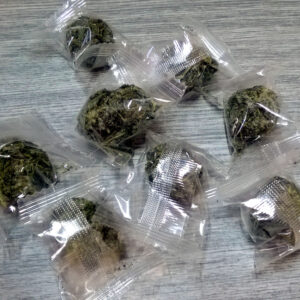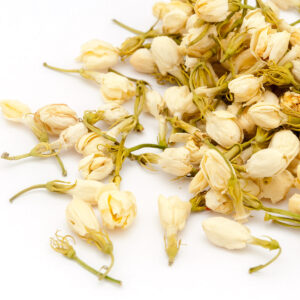The history of Song Luo tea dates back over 500 years, it is famous for its healing effects, which also earned it the name ‘Medicinal Tea’, yet it almost fell into oblivion in China itself. It comes from the fertile, ecologically clean and very tea-growing area of Song Luo Mountain, located near Fu Si Village (Wang An District, Xiu Ning County) in Anhui Province. According to many historical sources, it was first developed at the beginning of the Hongwu (Ming Dynasty) era by monks from the local “Temple from Heaven of Happiness”. The art of collecting and processing Song Luo tea has relatively strict rules. Collection usually begins during the days of ‘Rain in the fields’ (Gu Yu – 6th solar season, from about 20.4.). Only fine fresh leaves are collected – bud and two-three leaves and bud and three-four leaves. Fresh leaves must be inspected and too large leaves, old leaves, tea fruits, seeds, stems, etc. must be removed. Collection and processing is basically the same as for all pans processed green teas.
Song Luo Ji Pin
Please, login to see prices and buy
A selection class of tea from Song Luo mountain, which is honored with the title “Green Gold” among the famous teas of China.
The crystal-clear infusion is strong, slightly grassy and has a sweet taste of Chinese olives. Tea processed only from tips is strong, dense and contains a considerable amount of fine fluff. Not only does this tea have an excellent color, aroma and taste, but it also contains many substances that a person needs. According to research, it has a high content of vitamin C (up to 170 mg / 100 g), it also contains up to 17 types of amino acids, organic compounds and minerals that have both nutritional and healing effects.
Song Luo is recommended primarily to support digestion, also helps remove fats from the body, relieves heat and can regulate the flow of life energy. It has often been prescribed for the treatment of high blood pressure, kidney disease, cardiovascular disease, dysentery but also for the treatment of skin ulcers.
| Weight | N/A |
|---|---|
| Origin | |
| Place | |
| Harvest | |
| Character |
Related products
Ba Xian Xiang
Hua Cha Cui Ming
Five-leaved Ginseng (jiao gu lan)
Ceratophyllum or Gynostemma is a climbing plant from the pumpkin family, which originated in southern China. Low temperature resistance to -15°C. In winter, the above-ground part disappears, but reappears in spring. It can also be planted in pots. This plant is sometimes called five-leaf ginseng or southern ginseng; it has nothing to do with real ginseng (Panax ginseng).
Jasmine Flower (mo li hua)
Dried jasmine flower (moli-hua), Jasminum Sambac. It comes from China, from where it spread further to Arabia and Persia and from there to Europe. It is an evergreen climbing plant or shrub, which grows to a height of 0.5-3 m. According to Chinese medicine, it improves eyesight and promotes smooth menstruation.



